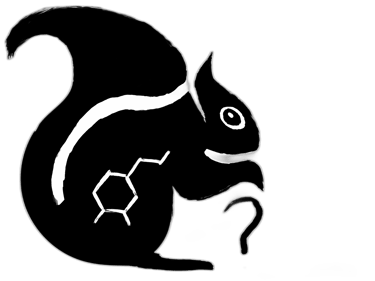Decoding ADHD: What You Need to Know
This post provides a comprehensive overview of ADHD, including common symptoms, potential causes, and different treatment options.
Attention-deficit/hyperactivity disorder (ADHD)
ADHD, or attention deficit, hyperactive disorder, is a real deal and affects millions of people, including myself. But, a lot of people still don't really get what it is or how it affects us. So, let's break it down and talk about the symptoms, causes, and treatment options for ADHD. .In a nutshell, ADHD is a complex disorder that can have a significant impact on a person's life. By understanding the symptoms, causes, and treatment options, we can work towards improving the lives of those affected by ADHD. If you or someone you know is experiencing symptoms of ADHD, it's important to talk to a healthcare professional to explore the best treatment options.
Symptoms of ADHD
The main symptoms of ADHD are inattention, hyperactivity, and impulsivity. People with ADHD may have trouble paying attention, following through on tasks and finishing assignments. They may also have a hard time sitting still and might be excessively fidgety and talkative. Additionally, they may act impulsively without thinking about the consequences.It's important to note that just because someone exhibits these symptoms, it doesn't automatically mean they have ADHD. A lot of people, especially kids, show these behaviors at some point in their development. A diagnosis of ADHD is typically made when the symptoms are severe enough to interfere with daily life and aren't caused by other factors like a traumatic event or medical condition.
Causes of ADHD
The exact cause of ADHD is still unknown, but experts think it's a combination of genetic and environmental factors. Research suggests that ADHD may be caused by differences in the structure and function of certain parts of the brain. Exposure to toxins during pregnancy may also increase the risk of developing ADHD. Some believe Trauma and PTSD can lead to ADHD.
Treatment Options
Treatment for ADHD usually involves a combination of medication and behavioral therapy. Medications like stimulants are often prescribed to improve attention and decrease impulsivity and hyperactivity. Behavioral therapy can also be effective in helping people with ADHD develop better organizational and time-management skills and control impulses.Additionally, some studies show that alternative treatment like diet change, omega-3 fatty acids, and neurofeedback can also be helpful in managing the symptoms of ADHD.
